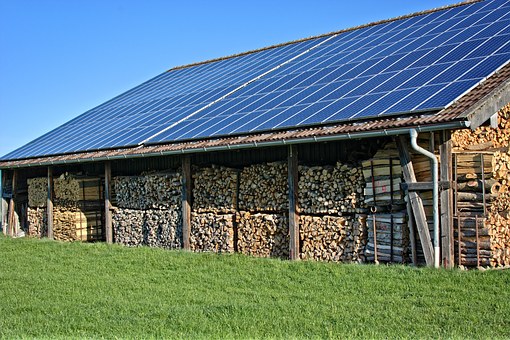Florida Governor Vetoes Bill Aimed to Cut Solar Net Metering Compensation

Florida Governor Ron DeSantis, a Republican, vetoed legislation on April 27 that would have phased down compensation for customer generators under the state’s net metering program and allowed utilities to impose new charges on those customers to recover their alleged underpayment of grid maintenance costs. DeSantis said that the new charges, designed to recover lost revenues resulting from residential solar, exceed utilities’ estimate and the amount that may be recovered is speculative and would be borne by all customers. Under Florida’s current net metering framework, excess energy is credited at the utility’s retail rate.
DeSantis also pointed out that the U.S. is experiencing its worst inflation in four decades, and that Florida should not contribute to the financial crunch faced by consumers amid steep price rises and escalating bills.
The Solar Energy Industries Association commended the decision, calling it a win for energy freedom and clean energy economy. The group said that “this veto signals that Florida’s energy economy is open for business, and that the rights of state residents should be placed ahead of monopoly utility interests.”
The bill would have phased down compensation for grid-exported energy by 50 percent from 2024 through 2028, and further decreased to the avoided cost rate by 2029. Customer-sited generation in service before Jan. 1, 2023 was to continue under current net metering rate design and rates for 20 years under the bill. Moreover, the legislation would have directed the Florida Public Service Commission to put in place new net-metering rules to take effect in 2029 that would subject solar customers to the full cost of connecting to the grid and any upgrades utilities would have to pay for to accommodate rooftop solar. Under that new rule, all energy delivered to the customer would have to be billed at the applicable retail rate and grid-exported energy must be credited to the customer-generator at the utility’s full avoided costs. Net metering applications approved before Jan. 1, 2029 would be allowed to continue with the rate design and rates applied at the time of approval.
HB 741 - Net Metering
EnerKnol Pulses like this one are powered by the EnerKnol Platform—the first comprehensive database for real-time energy policy tracking. Sign up for a free trial below for access to key regulatory data and deep industry insights across the energy spectrum.
ACCESS FREE TRIAL